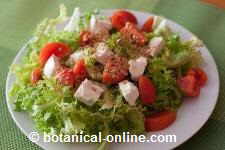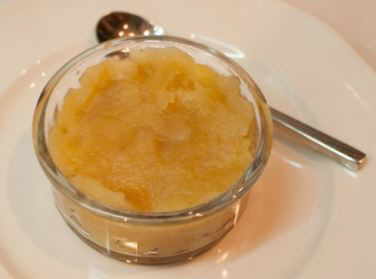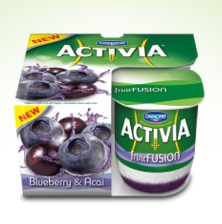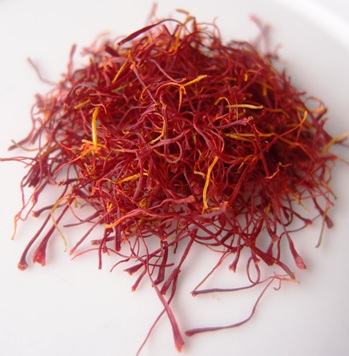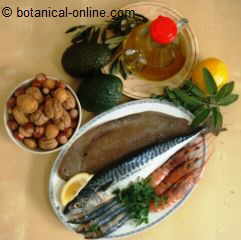Contents
Suitable diet for bulimia
Bulimia treatment is not just a question of taking care of what one eats
Regulating food in a patient with bulimia is a very slow process that requires the patient to be helped, because in the end, he/she should have a re-education of eating habits that require an acceptance of the individual.
It involves, ultimately, solving the psychological issues that are the ones who created the disorder. This treatment must be done by specialists who will offer psychological or psychiatric care on one hand and nutrition on the other.
This will help eliminate the fear of gaining weight, overcoming anxiety about food and allow the patient to be in a position that will restore the nutritional balance.
What is a varied diet for bulimia?
From a point of view of nutrition and diet, it is necessary that the patient understands the importance of a varied diet in which all of the basic nutrients have to be provided. This should take into account the following guidelines:
- A complete diet with healthy food: It is better to consider that this change should be more qualitative than quantitative. The bulimic person’s diet should provide fat and carbohydrates, proteins and minerals from natural and healthy sources.

Fresh vegetables are very convenient for the diet of bulimia
- Avoid sugary foods: Sugary foods that normally produce a very great anxiety in the patient and provide short lasting satiety (cakes, pastries, etc.) should be avoided. Replace these foods for other energetic foods but more digestible energy and with a longer assimilation. These should include:
- Milk (better fermented dairy products like yogurt) and eggs can provide the necessary proteins.
- Vegetal oils (olive, sunflower, soybean, etc.) or dried fruits (hazelnuts, nuts, almonds, etc.) will provide fats, besides vitamins and minerals.
- Plants rich in starch, that are transformed into sugars of slow absorption by the organism, therefore more assimilable, would provide the sufficient energy (Cereals, tubercles and vegetables: potatoes, peas, soybean, rice, etc.)
- Fruits, vegetables and legumes, rich in vitamins, must be present in all the meals.
- It is important that the patient eats slowly, chewing well so as to take better advantage of the properties of foods. Also it is more convenient to make several not too abundant meals a day.

Sugary foods are not suitable for the diet of people with bulimia
- Not to take exciting products: One should avoid drinks that contain caffeine or the consumption of alcohol, because both are exciting for a nervous system which is already very unbalanced.
Supplements indicated for the treatment of bulimia
The administration of supplements of vitamins and minerals can be useful, especially zinc. A diet rich in products containing this component can be very appropriate since it regulates hormones and enzymes.
Foods rich in zinc are: celery, asparagus, borage, figs, potatoes, eggplants, etc.
![]() More information on bulimia and its natural treatment.
More information on bulimia and its natural treatment.

